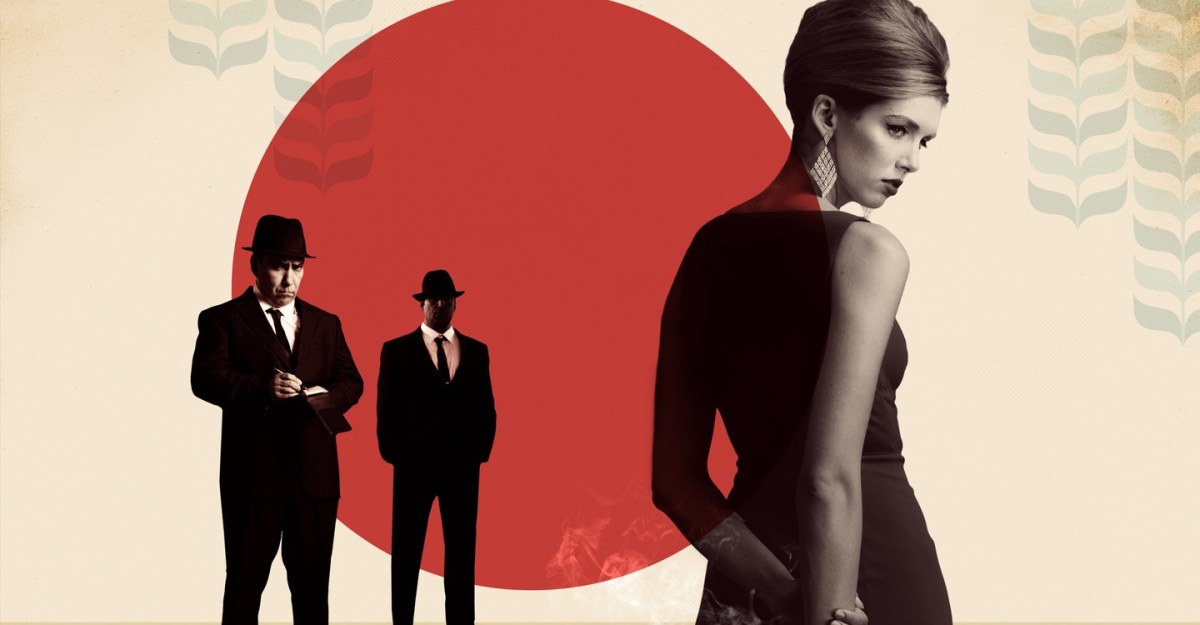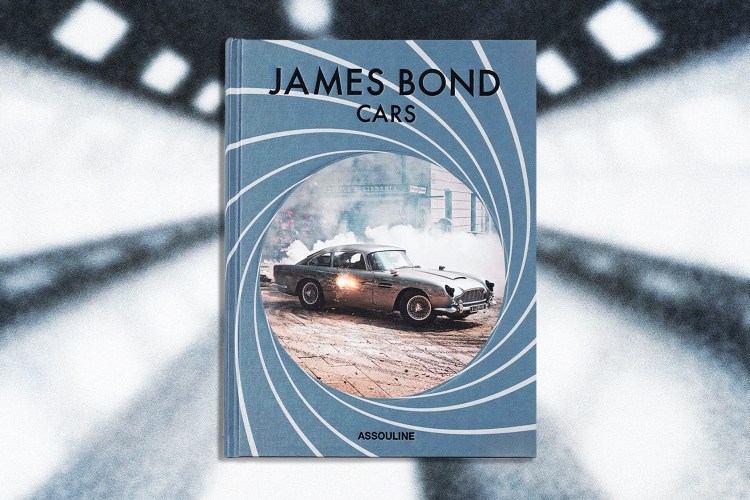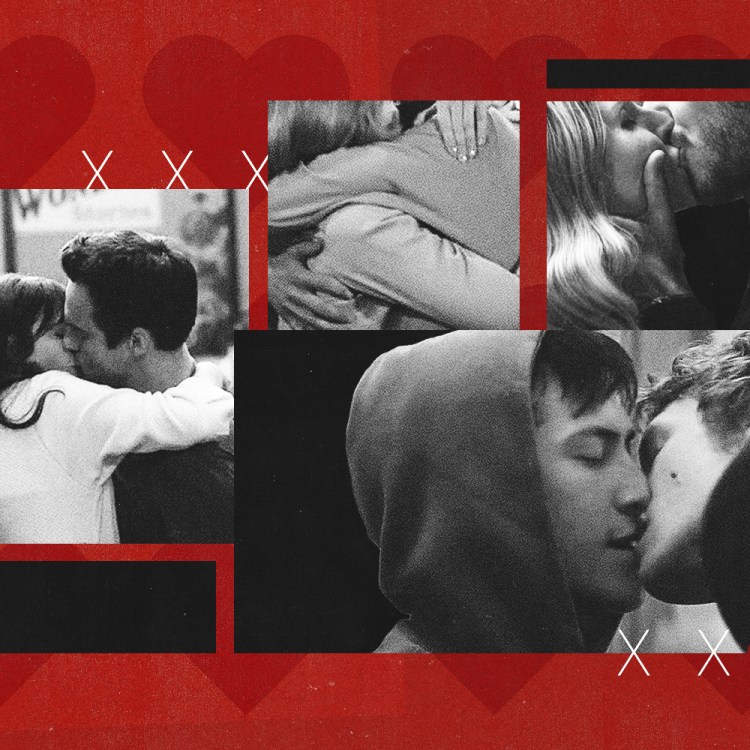I first published a true crime blog post in 2004. I was one of maybe five crime bloggers online at the time, and I felt sheepish and strange about it. Even 14-15 years ago, an interest in true crime netted side eye from friends, family, and acquaintances who weren’t into it at all. In other words, they might immediately peg you for a weirdo.
That has changed in a huge way. From a conversation with a true crime author in 2009 in which he lamented the death of the genre until today is one hell of a long journey because true crime is huge. It’s not the province of some weird aunt everyone suspects might poison the potato salad or quiet guys wearing Dahmer glasses. A once guilty or secret pleasure for many, true crime is everyone’s jam now, and that’s given rise to newer true crime TV than anyone will ever have time to watch.
As you might guess from the above, from my history with the genre, and from the fact I’m writing this right now, I have some strong opinions about true crime. Example: too many true crime books are still lurid, leering accounts of a victim’s degradation, a killer’s cleverness, and a family’s sorrow.
And true crime TV—series and documentaries—is popular enough to dominate at least three cable networks—Investigation Discovery, Oxygen, and (to a degree) HLN. Then there’s the glut of Netflix docs as well as the occasional pay cable series.
When these shows are good, they’re incredible. They put the viewer through an emotional wringer, and they change the way we look at others. The way we perceive actions and motivations.
When these shows are bad, I want to throw my TV out the window then set it on fire and run over it.
With all that said, I have a handful of highly subjective and biased recommendations and some warnings. Some of these shows aren’t worth your time, as far as I’m concerned, unless you find comedic value in ludicrous reenactments and leering narration. We’ll start with the good ones, which include some older series and limited-run docuseries—if this list seems ID heavy, that’s because Investigation Discovery is the biggest name in true crime television now.
A Crime to Remember (ID)
This Investigation Discovery series focuses on historic crimes of the 20th century. Plenty of shows tend to do the same because the 21st century is still relatively young, but few do it as well. Crime to Remember takes the time and effort to write well-researched, accurate scripts, create believable historic settings, and most of all, hire some decent actors to portray the players—often actors who resemble the real people. The awfulness of true crime reenactments has always been a staple of the genre, so this may be one the things that sets Crime apart—that and the considered, intelligent commentary from various journalists and authors. For example, the first season included segments with Michelle McNamara, the late author of bestseller I’ll Be Gone in the Dark. I knew Michelle, and I knew that she would never attach herself to a crappy show. I was right.
Homicide Hunter: Lt. Joe Kenda (ID)
The actor who plays Joe Kenda doesn’t look or sound like him at all, though he has some charisma. The reenactments on Homicide Hunter sometimes feature real officers (I like that; real cops should get more chances to do stuff like this—the realness comes across onscreen), but they completely ignore trying to give a feel for the timing of events in the show, many of which occurred in the ‘70s and ‘80s. Basically, you can tell the show doesn’t have a huge budget. That’s all academic, though, because the best thing about Homicide Hunter is Joe Kenda himself. Wry, grave, measured and articulate, the former Colorado Springs detective is a naturally gifted storyteller and an undeniably magnetic presence on the screen. Something about Homicide Hunter, for all its low-budget elements, really takes the viewer inside the lived experience of one gifted and dogged investigator in a way few other shows do. The show also has oddly widespread appeal—even my 17-year-old daughter loves it.
Forensic Files (HLN)
If you know someone interested in true crime who would like a “starter” series to watch, somewhere to begin, you can’t go wrong with Forensic Files. It ran from 1996 through 2011 and still airs on HLN every night and sometimes all day. It’s a bizarre thing to say, but there’s something oddly comforting about the show. I know more than one person who likes to fall asleep with the calm yet intense voice of narrator Peter Thomas in their ear. It’s a half-hour show and deliberately paced, with a predictable ending—forensics saves the day. That’s probably why it is comforting—it says there are answers to terrible questions and you can trust science to find them. It’s never boring, and I’ve learned something new and interesting from every episode I’ve ever watched.
The Jinx (HBO), Evil Genius (Netflix), Making a Murderer (Netflix)
These are together because they are all extraordinary limited series and because they aired or streamed (and are streaming still) on unique networks not always devoted to true crime. The Jinx, a documentary about the crimes of psychopathic billionaire Robert Durst, is a singular and sometimes chilling experience. This is in part because filmmakers were, over time, able to methodically peel away the man’s mask of sanity to ultimately reveal the monster beneath. The Jinx also has one of the most stunning conclusions I’ve ever seen in any documentary. Evil Genius is one of Netflix’s most recent offerings. It’s about the personalities surrounding the still-mysterious 2003 “pizza bomber” bank robbery and the web of lies, plots, and insanity that connected them all. It’s just four episode, but you won’t be able to look away. Making a Murderer was an utterly original explanation of a possible wrongful conviction when it premiered, as riveting as it was unsettling. In hindsight, the series seems far too heavily biased toward the side of the accused, Steven Avery, but that doesn’t change the fact that once you begin watching it, it’s damn hard to tear yourself away.
Scene of the Crime with Tony Harris (ID)
Harris is an experienced journalist, but what comes across in Scene of the Crime is his subtle and sensitive way with interview subjects. He’s great at peeling back the layers of a story through the words of his subjects. It’s a relatively new show and one that deserves plenty of eyeballs. In addition to Tony Harris’s steadying presence, the production values are high and the camera work often cinematic—vital to setting the scene and establishing a sense of place.
Murder Chose Me (ID)
Former detective Rod Demery gazes straight ahead into the camera, voice calm, hands often folded in front of him, and like Joe Kenda, he spins stories from his long career as an investigator with the Shreveport, La PD. Demery has a subtle, dry sense of humor that often creeps in, and it adds an element that sets it apart from many other shows based around a former law enforcement officer’s career. Demery is also personally revealing—it’s clear that he was never detached from his work. Behind his well-rehearsed cool cop’s façade, there’s a sensitivity might surprise anyone who thinks police officers are hard-shelled and invulnerable to what they see when they’re on the job. Demery was good at his job, but he seems unafraid to admit it got to him, sometimes—and that makes his show just that much more watchable.
I could probably add a dozen more shows to this list. Honorable mentions include Murder Calls, Disappeared, and See No Evil.
But we might as well rip the band-aid off and talk about some of the worst shows. This is sure to make some people mad because I know for a fact some viewers are practically addicted to all of these. I’m not one of them.
Deadly Women (ID)
I really hate Deadly Women. First, there’s the weirdly inverted sexism of making a series entirely about women who murder, as if that never happens (humans of all genders murder and the only unique element with women is they do it a bit less often than men). Then there’s the awful, insinuating narration—the tone is more appropriate to someone giving a play-by-play of an erotic movie. Many of the talking heads—true crime writers, journalists, former law enforcement—are fine, but a few seem to enjoy the fact they’re talking about murder a little too much. The production values are terrible, too. Basically, Deadly Women creeps me out for all the wrong reasons. Please, make it stop.
Breaking Homicide (ID)
This is a pointless show. Two investigators—a detective and a forensic psychologist—look into cold cases, ostensibly with an eye to solving them. They consult with families, go over evidence that was reported at the time of the crime, with the rare foray into details police held back. Every segment ends with one of those dramatic, lingering breaks so typical of reality TV, only to never really deliver on the promise. I often get the feeling the leads have been coached to amp up the drama, too—as if the story of an unsolved murder or disappearance isn’t intense enough already. The main problem I’ve had with every episode I’ve seen, though, is nothing happens—no matter how hard everyone on the show wants to give the impression it has, Breaking Homicide basically goes nowhere.
City Confidential (Syndicated; originally on A&E)
Old school true crime show fans might hate me for this but hear me out: I’ll watch this show any time it’s on. The late Paul Winfield and his replacement Keith David were fantastic narrators, and I do think City was understandably popular during its seven-year run. The thing is, City Confidential often makes me laugh when it shouldn’t. This is one show where the writers and producers failed their subjects badly. The narration is often so ridiculous I want to smack the writer just as the hot summer sun smacks the waters of Boston’s Charles River. If you thought the end of the preceding sentence was ridiculous, then you get why City Confidential kind of sucks, too, as the narration is chock-full of similar statements. Maybe I have more of a love-hate relationship with City, but regardless of how much love there is, I can’t deny that when it’s bad, it’s damn bad.
Fear Thy Neighbor
Fear Thy Neighbor is well-made, yes. It’s not a cheap, tacky-looking show. But it is problematic. The reenactments are typically very violent, but the biggest issue is the show often interviews the very neighbors involved in the real-life disputes. That sounds like good journalism, but it makes no sense to me—because these neighbors often use the show to re-litigate their conflict. Filmmakers dutifully interview both sides and let them have their say, and it’s almost always self-serving. It’s not that hard to see a new conflict erupting just from appearances on Fear Thy Neighbor. But if you want a more sensible reason for not liking the show, it’s the violence.
One lingering problem with most true crime shows made since 2005 or so
This is a cheat, I guess, and maybe unfair, considering I like plenty of those shows. But as more and more new series are made, they work to top each other, and they do it with violence. True crime reenactments have always featured a measure of violence. Part of the reason perennial favorite Unsolved Mysteries was so well-liked was because it managed to do crime reenactments that were chilling but rarely gruesome. Today, many production companies behind new shows seem to think the only way they’ll grab attention is if they double down on the slasher movie violence in reenactments. I’ve seen truly gruesome depictions of murder and even sexual assault on some shows. It always occurs to me that for some, they can be truly traumatic, bring back memories of something that happened to them. Then there are the families of victims. Who would ever want to see a dramatization of their loved one’s agony like that? It makes no sense to me.
A complete list like this would go on way too long, but here I’ve literally just written about various titles as they came to mind. You might love some of them, might hate them all. YMMMV; Your Murder Mileage May Vary.
This article appeared in an InsideHook newsletter. Sign up for free to get more on travel, wellness, style, drinking, and culture.
























